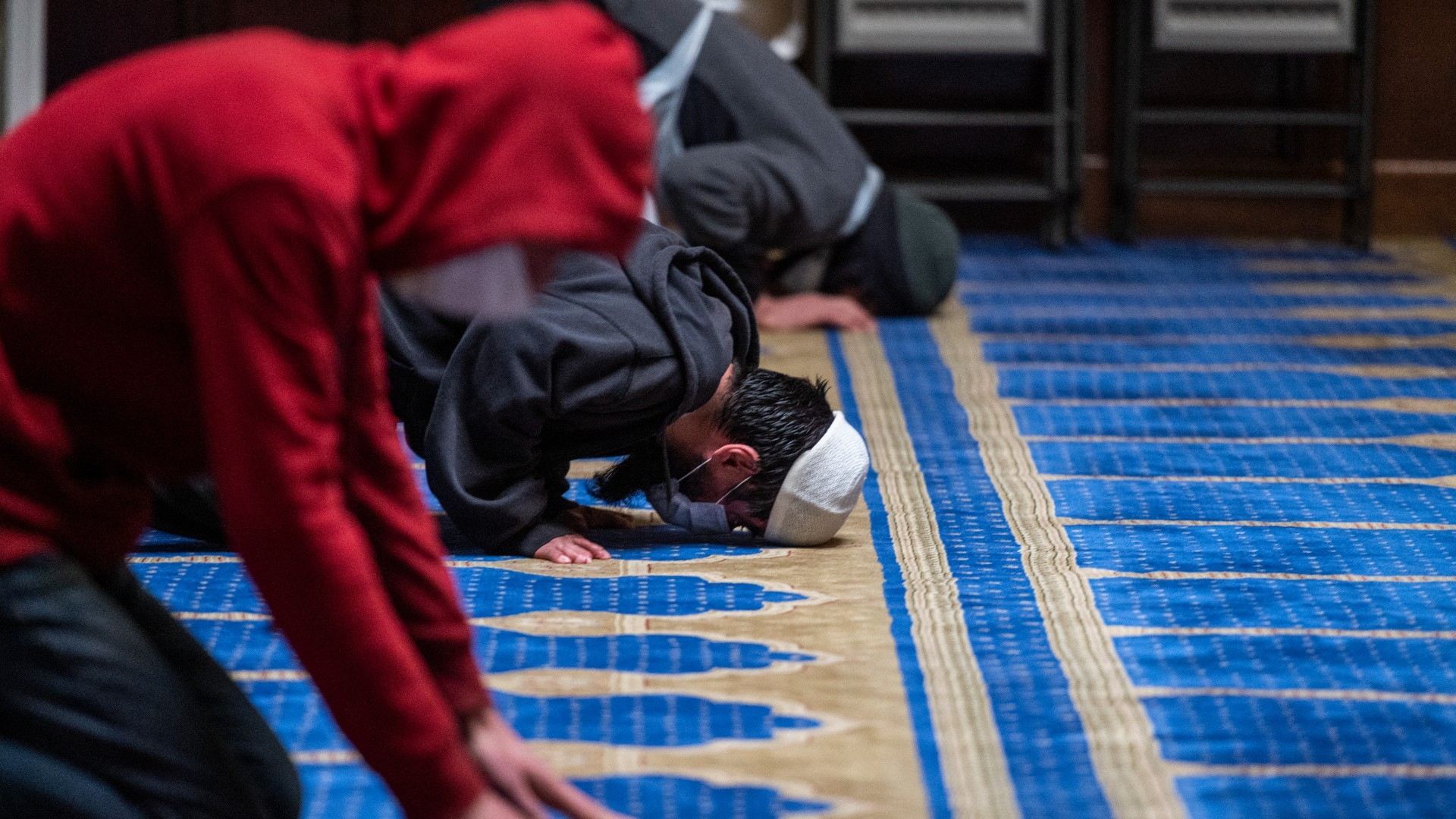US: Justice Department urged to probe anti-Muslim group's alleged spying

More than 80 Muslim organisations, including rights groups, mosques and charities, have sent a letter to the US Department of Justice, calling on the administration to launch an investigation into whether an anti-Muslim group violated federal laws by allegedly spying on several Muslim groups in the US.
The groups, including the Council on American-Islamic Relations (Cair), Muslim Advocates, and the Islamic Society of North America said that the "conspiracy to spy on American mosques and Muslim organisations was not surprising.
"Civil rights advocates have been targeted by infiltrators and saboteurs for decades. It is long past time for this behaviour to come to an end.
"To protect the civil rights of American Muslims, we ask the Department of Justice to launch an investigation to determine whether Steve Emerson or IPT broke any federal civil rights statutes or criminal laws."
The Investigative Project on Terrorism (IPT) has been labelled an anti-Muslim group by the Islamophobia Network, a project of the Center for American Progress that tracks anti-Muslim groups and donors. The IPT was founded by Steve Emerson, who has a "history of promoting falsified information and conspiracy theories about Islam and Muslims", according to Georgetown University's Bridge Initiative.
In December, Cair claimed its organisation's chapter in the state of Ohio had a spy in its ranks.
Following an internal investigation, the group alleged that the chapter's executive director Romin Iqbal had been recording meetings and conversations and then sending those materials to the IPT.
IPT denied that it was spying on Muslim communities but has previously told Middle East Eye it would not hesitate to report on groups it claims are conducting "radical Islamist activity".
Cair subsequently claimed that there was a second spy. However, this person had been a member of Dar al-Hijrah, a prominent mosque in the suburbs of northern Virginia.
The individual, Tariq Nelson, allegedly confessed and claimed he was paid $3,000 a month by IPT over four years for a total of $100,000 to spy on the mosque and "record prominent Muslim leaders".
'An Israel lobbying organisation'
The news of the alleged espionage, which Cair claimed had infiltrated nearly every major Muslim organisation in the United States, came as a shock to the faith community even though for two decades it faced a barrage of surveillance in the aftermath of the 9/11 attacks.
The Muslim rights group also claimed that one of IPT's goals was "protecting the Israeli government by undermining Muslims engaged in political and human rights activism".
Cair released a series of emails it claimed were exchanged between Israeli officials and the IPT. In one, an official asked the group whether it had information regarding Students for Justice in Palestine, a student advocacy group with chapters in universities across the country.
'IPT's main concern was not protecting our nation from legitimate threats, but protecting a foreign government - Israel - from legitimate criticism'
- IPT whistleblower
"I came to realise that IPT's main concern was not protecting our nation from legitimate threats, but protecting a foreign government - Israel - from legitimate criticism. We were essentially being used as an Israel lobbying organisation," an IPT whistleblower told Cair.
The IPT told MEE it was an organisation that "supports Israel’s right to exist", but that it was fully independent and did not receive foreign funding.
The groups' letter called on the Department of Justice to investigate whether the IPT had provided information, obtained through alleged spying on Muslim groups, to the Israeli government or any other foreign entities, and whether this violated US law.
It also asked the administration to probe whether the group or its founder Emerson were in communication with US law enforcement during the period of alleged espionage.
"As American Muslim leaders, organisations and houses of worship, we are concerned that IPT’s alleged actions were meant to impact our community's ability to" religiously assemble, mobilise voter participation campaigns and defend the civil and constitutional rights of Muslims, the letter said.
The Department of Justice did not respond to MEE's request for comment by the time of publication.
Middle East Eye delivers independent and unrivalled coverage and analysis of the Middle East, North Africa and beyond. To learn more about republishing this content and the associated fees, please fill out this form. More about MEE can be found here.





